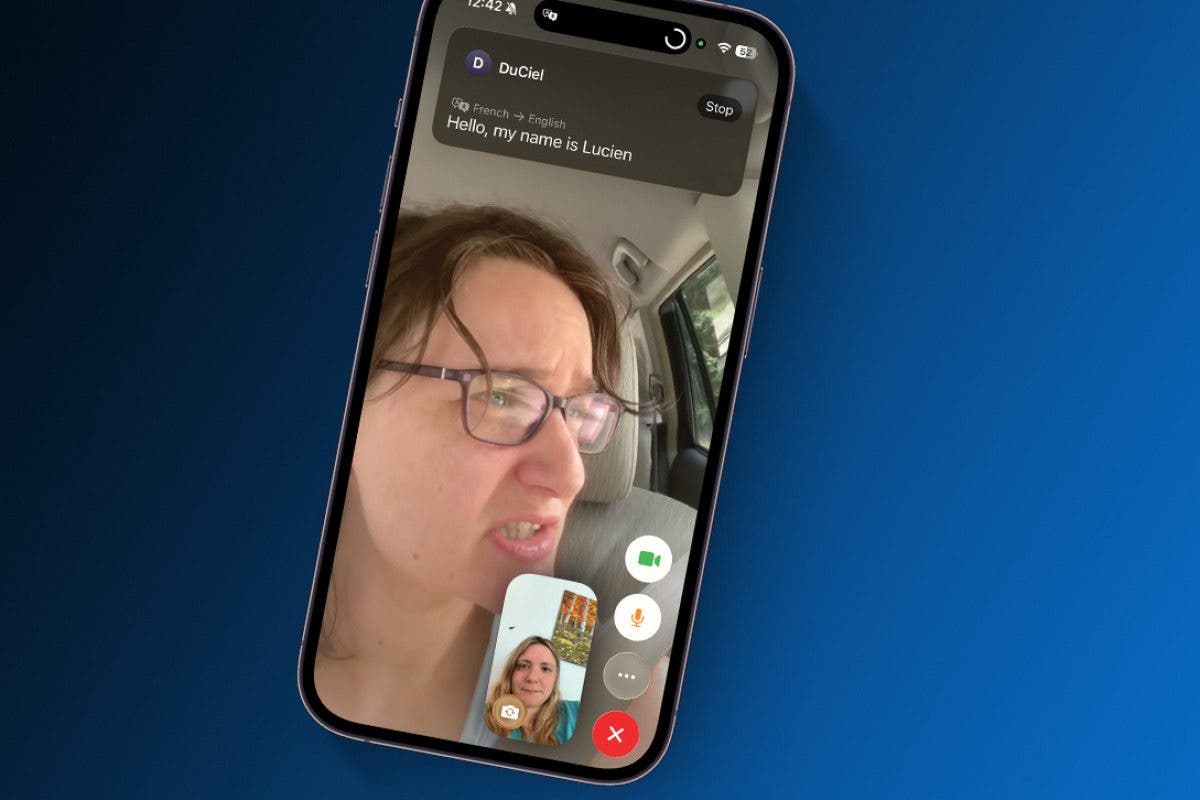To a lot of people, a “virus” is often the first thing they think of when something goes wrong with their computer. The truth is, that these days a virus is almost never the culprit for your PC troubles, but malware is still a real threat.
Which makes it especially bad that some myths around computer viruses just don’t seem to go away.
7
Macs and Linux PCs Don’t Get Viruses
This is a pretty easy myth to dispense with. Macs and Linux computers can get viruses, and there are several examples of Mac viruses (via Macworld) and Linux viruses (via Unixmen). Any programmable computer system can get a virus. It’s just that macOS and Linux have such small market shares compared to WIndows that virus authors aren’t that incentivized to put in the effort. However, as the market share of these operating systems keeps growing, you’ll see more and more malware for them.
In fact, macOS has a built-in antivirus system called XProtect, and there are third-party solutions like CleanMyMac too.
6
You Can Get a Virus Just by Opening an Email
Now, everyone knows you can get a virus from email attachments. This used to be the most common way to get infected, after people stopped sharing floppies and USB thumb drives around. This is still true, and you should definitely double-check any email attachments you get. That said, all email services now scan attachments for malware before you even get to see them, so the odds are pretty small.
However, what about getting a virus just by opening the email itself? Well, it was briefly true in the late 90s and early 2000s when viruses like Melissa (via the FBI) made use of “macros” to take control of applications like Microsoft Word or Outlook and then propagate itself, and take action to infect your computer. Today, the default behavior is to block macros from the internet (as per Microsoft) and they don’t even work in web apps like Gmail—so don’t sweat it.
5
Antivirus Software Makes You Immune
There’s nothing more dangerous than a false sense of security, and some people believe that because they have an antivirus installed, it will catch and block all viruses. The truth is that not all antivirus packages are equally good, and even the best ones will never be 100% effective. So don’t let the fact you’ve got an antivirus installed make you take chances and engage in risky behavior online!
4
Pop-Ups Saying You Have a Virus Mean You’re Infected
When visiting certain back-ally websites, you may have encountered popups saying things like “virus found!” or “You’re infected”. Click here to remove virus.” These popups are often (poorly) disguised as genuine system prompts, and their purpose is to scare someone into actually (and ironically) installing malware on their computer pretending to be an antivirus. Obviously you should just ignore these popups and if you’re worried, run a manual virus scan instead.
3
If Your Computer Is Slow, It Must Be a Virus
It’s almost certainly not a virus. There’s a long list of suspects that cause slow PC performance before we get to the bugbear of malware. You might want to try some tips to speed up your PC first, before chasing ghosts!
2
You Can’t Get a Virus on a Phone or Tablet
Remember how I said any programmable computer can get a virus? Well that’s exactly what smartphones and tablets are. The thing is, most people use these devices strictly within their walled gardens—the app stores run by the platform holders. Although not foolproof, these app stores do a pretty good job of filtering out malicious software before it could ever come near your device. This is one of the main reasons viruses on platforms like Android aren’t really an issue.
However, if you start “sideloading” apps or if you buy Android devices from dodgy sources that are pre-infected with malware, you may end up getting a rude lesson as to why this myth isn’t true. Over in the world of iPhones, well, so far, unless you “jailbreak” your phone there’s close to zero chance of getting malware, but never say never.
1
Viruses Always Show Obvious Signs
It’s easy to fall into the trap of thinking that you’d know if your computer was infected with a virus. It would behave strangely, no? Maybe it would slow down (see myth above) or otherwise let on that something wasn’t right. Well, while there have been plenty of viruses that have made their presence known with warning messages or just straight-up mockery, most modern viruses don’t want you to know you’re infected. The software wants to do its job quietly in the background without being caught.
That means evading you and your antivirus software. Just because nothing seems off doesn’t mean all is well.
This list could be far longer, but we’d be here all day. I could mention how free software gets an unfair association with malware, or how you can get a virus from a compromised “legit” website just as readily as from a “dodgy” site. Also, removing a virus doesn’t always mean it’s gone.
They can leave backdoors to come back more easily later, and just because you wipe your hard drive and reinstall Windows doesn’t put you in the clear. There are even viruses that can infect your firmware. So step lightly, and try to avoid falling into a malware trap because you underestimated your foe!














